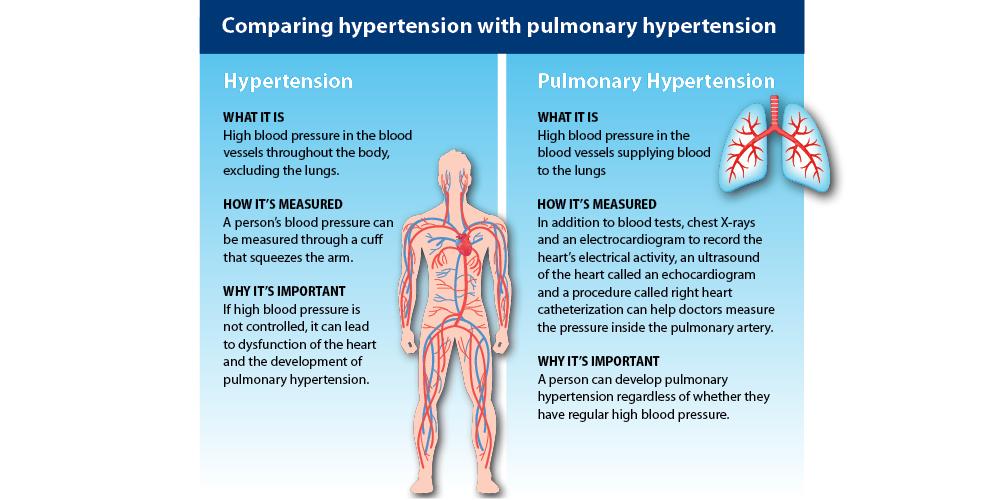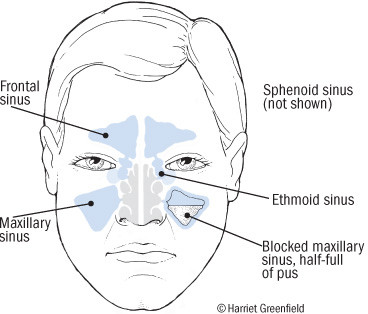Neck pain, also known as cervicalgia, is a common issue, with two-thirds of the population experiencing it at some point in their lives. Although neck pain is felt in the neck, it can be caused by various other spinal problems. Neck pain may arise due to muscular tightness in both the neck and upper back or pinching of nerves.

In cases of cervical artery dissection, the neck pain is unusual, persistent, and often accompanied by a severe headache. The pain from a carotid artery tear often spreads along the side of the neck and up toward the outer corner of the eye. Similarly, a vertebral artery tear may feel like something sharp is stuck in the base of your skull. Harvard Health provides insights into when a pain in the neck is serious.
The source of pain can also vary. Most acute pain is related to tissue injury and is called nociceptive pain. On the other hand, chronic pain is referred to as neuropathic pain, which might start with a damaged or irritated nerve, but the pain signals now originate in the brain. For more information on this, see Harvard Health.
Surprising causes of neck pain include some sleeping positions. Sleeping on your stomach, for example, requires rotating your head to the side, and sleeping on your side without the right support pushes your neck toward your shoulder. Staying in these positions for hours can cause neck muscle strain and pain. For quick fixes and more information, visit Harvard Health.
Neck pain is a common condition with various causes, including problems in the muscles, nerves, bones (vertebrae), joints, and the discs between the bones. When the pain or soreness makes it difficult to move the neck, the condition is usually called a stiff neck. To learn about the causes and types of neck pain, see Harvard Health.
Most neck pain doesn’t stem from anything medically serious, allowing for safe self-care strategies before seeking medical help. However, if your neck pain is severe and accompanied by symptoms like fever, headache, and neck stiffness, immediate medical attention is advised. For more information, visit Harvard Health.
Additionally, certain types of pillows, like memory foam, claim to help foster proper spinal alignment. Avoid using too high or stiff a pillow, which keeps the neck flexed overnight, potentially resulting in morning pain and stiffness. If you sleep on your side, keeping your spine straight by using a pillow that is higher under your neck than your head is recommended. For more tips on preventing neck pain, visit Harvard Health.


